- Nositelj kolegija: Miroslav Zupčić

Students of the Integrated undergraduate and graduate university study programme of Medicine in English language complete their studies by writing a graduation thesis and passing the graduation exam. Students do not have to defend their thesis publicly. However, the thesis is evaluated by the Graduation Thesis Evaluation Committee.
The graduation exam is organized twice in the academic year, in July and September. Students can apply for the graduation exam after passing all the exams of the study programme and receiving a positive grade for the graduation thesis.
The final grade is the sum of the average grade of the positively graded graduation thesis and the passed graduation exam. The student’s graduation date is the date of passing the graduation exam.
- Nositelj kolegija: Lara Batičić
- Izvođač kolegija: Paola Car
- Izvođač kolegija: Ivana Marić
- Izvođač kolegija: Vlatka Sotošek
- Nositelj kolegija: Matea Butković
- Nositelj kolegija: Matea Butković
- Nositelj kolegija: Matea Butković
- Nositelj kolegija: Matea Butković
- Nositelj kolegija: Matea Butković
- Nositelj kolegija: Matea Butković
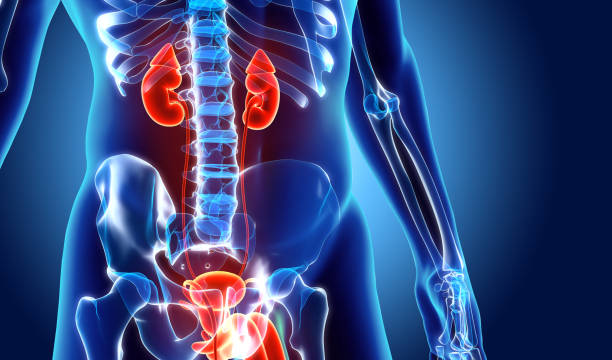
- Nositelj kolegija: Josip Španjol
- Izvođač kolegija: Antun Gršković
- Izvođač kolegija: Dean Markić
- Izvođač kolegija: Romano Oguić
- Nositelj kolegija: Jasenka Mršić-Pelčić
- Izvođač kolegija: Petra Dolenec
- Izvođač kolegija: Anja Harej Hrkać
- Izvođač kolegija: Tamara Janković
- Izvođač kolegija: Kristina Pilipović
- Nositelj kolegija: Igor Medved
- Izvođač kolegija: Maja Gligora Marković
- Izvođač kolegija: Edita Radlović
- Nositelj kolegija: Renata Dobrila-Dintinjana
- Izvođač kolegija: Dragana Pauletić
- Nositelj kolegija: Tomislav Rukavina
- Izvođač kolegija: Lovorka Bilajac
- Izvođač kolegija: Nataša Janev Holcer
- Izvođač kolegija: Denis Juraga
- Izvođač kolegija: Đulija Malatestinić
- Izvođač kolegija: Darko Roviš
- Izvođač kolegija: Vanja Vasiljev
- Nositelj kolegija: Alan Šustić
- Izvođač kolegija: Erika Šuper-Petrinjac
- Izvođač kolegija: Janja Tarčuković
- Nositelj kolegija: Sven Maričić
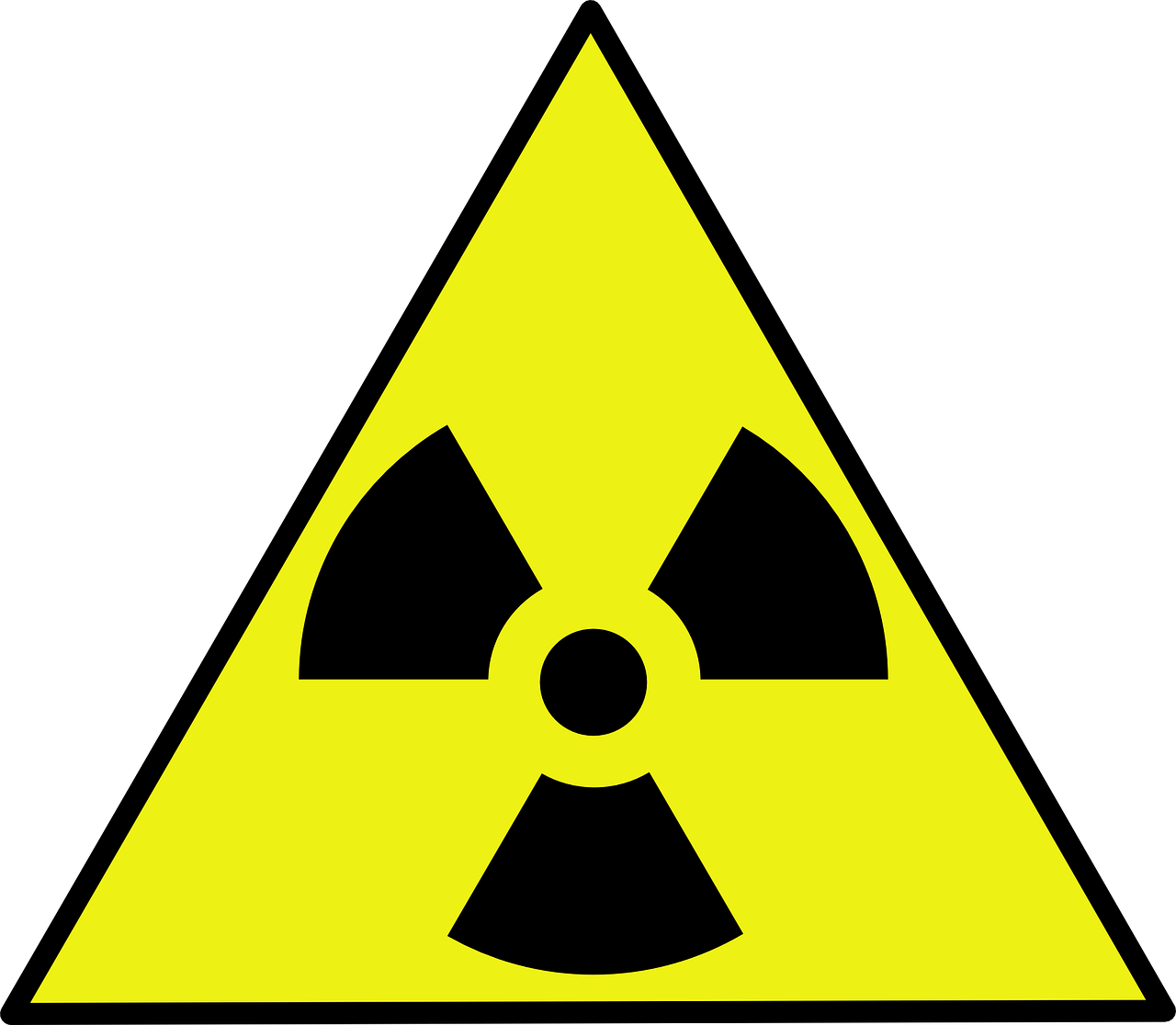
- Nositelj kolegija: Tatjana Bogović Crnčić
- Izvođač kolegija: Matija Mujić
L18_19 Assessment of the health status of the population, indicators of health and disease in the community, health and statistical indicators for PGŽ and the Republic of Croatia
- Nositelj kolegija: Tomislav Rukavina
- Izvođač kolegija: Lovorka Bilajac
- Izvođač kolegija: Nataša Janev Holcer
- Izvođač kolegija: Denis Juraga
- Izvođač kolegija: Đulija Malatestinić
- Izvođač kolegija: Darko Roviš
- Izvođač kolegija: Vanja Vasiljev
Psychological medicine is a clinical discipline that helps doctors and patients improve the ways to deal with the disease and the treatment process. This is important in all medical disciplines because no clinical practice can ignore the psychological and emotional reactions of patients and doctors. Psychological medicine emphasizes the position of the patient as an integral human being, in a specific social environment, through different life phases and in all life circumstances. The main goal of the course is to develop the sensitivity and understanding of the psychological aspects of physical illness and the ability to observe and recognize emotional interactions between patients and doctors.
Course objectives are: Understanding the relationship between patient – physician - disease; identifying the psychological components of the disease; explaining and defining transference and countertransference; assessment of the factors that shape attitudes towards the disease and the patient; explaining the significance of empathy; explaining the psychological reactions to the disease; explaining the psychological factors that contribute to the onset of the disease; explaining the psychological factors as the disease modulators.
Upon completion of the course the student will adopt communication skills and conduct an interview with a patient; assess and describe the psychological condition, symptoms of anxiety, stress, crisis, and mourning reactions; identify transference and countertransference reactions.
Expected outcomes and competencies are: communicating with patients and colleagues and conducting medical interviews; identifying difficulties in relationship doctor-patient; identifying transference and countertransference phenomena; recognizing anxiety in a patient; recognizing the type of patient psychological response to the disease; identifying the patient's cope mechanisms.
- Nositelj kolegija: Ana Kaštelan
- Izvođač kolegija: Sandra Blažević Zelić
- Izvođač kolegija: Sanja Brozan
- Izvođač kolegija: Jasna Grković
- Izvođač kolegija: Mersad Muminović
- Izvođač kolegija: Aristea Pavešić Radonja
- Izvođač kolegija: Jelena Rebić
- Izvođač kolegija: Ilijana Stanivuk
- Izvođač kolegija: Aleksandra Stevanović
|
“Psychiatry” is the required fourth-year course of the Integrated Undergraduate and Graduate University Study of Medicine in English. It consists of 96 hours of class: lectures (18 hours), seminars (40 hours), and practicals (38 hours) (ECTS 5).
1.1. Course objectives Psychiatry is a clinical discipline that helps students learn about psychiatric disorders common in general practice. Students need to understand and master their skills in communication with the psychiatric patient, with an accent on a biopsychosocial understanding of mental illnesses. During the course, students will learn how to recognize and treat acute and chronic mental disorders common in general practice. Also, they will learn to distinguish what mental disorders could be cured within the primary health care setting and which should be referred to a specialist in psychiatry. During the course, students will learn how to interview and approach patients with mental disorders. Also, they should familiarize themselves with symptoms, syndromes, and entities in psychiatric psychopathology. Students will learn about the main groups of psychiatric disorders, including basic therapy principles. It is necessary that students understand prodromal psychiatric symptoms and identify and diagnose mental illnesses, as well as learn how to provide treatment or referral to a specialist. They will hear about the principles of the classification of psychiatric disorders. Because of the increase in the incidence and prevalence of substance abuse disorders, these critical issues will be addressed. Patients with mental disorders are often experiencing problems with reintegration. Therefore we educate students about options for resocialization in terms of community-oriented psychiatry. We should also accustom students to the ethical issues and stigmatization in psychiatry.
1.2. Course enrolment requirements Completed Psychological Medicine Courses 1 and 2 1.3. Expected course learning outcomes Upon completing the course, students will be able to: - demonstrate knowledge of mental health from the perspective of the biopsychosocial concept - recognize different clinical pictures and differentiate among the mental health diagnoses - develop a treatment plan for disorders that can be cured within the primary healthcare setting - identify the organizational model of mental health care
|
- Nositelj kolegija: Jasna Grković
- Izvođač kolegija: Sandra Blažević Zelić
- Izvođač kolegija: Lea Gudelj
- Izvođač kolegija: Ana Kaštelan
- Izvođač kolegija: Marina Letica Crepulja
- Izvođač kolegija: Mersad Muminović
- Izvođač kolegija: Aristea Pavešić Radonja
- Izvođač kolegija: Jelena Rebić
- Izvođač kolegija: Ilijana Stanivuk
- Nositelj kolegija: Mirna Petković Didović
- Izvođač kolegija: Lara Batičić
- Izvođač kolegija: Gordana Čanadi Jurešić
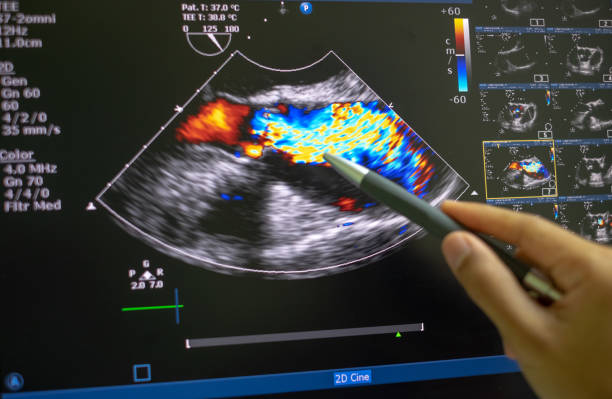
- Nositelj kolegija: Josip Španjol
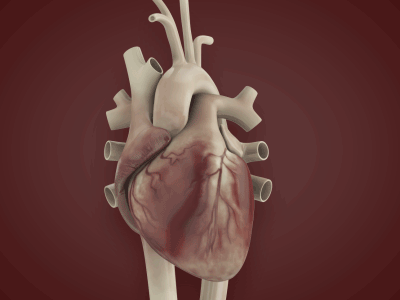
- Nositelj kolegija: Zlatko Trobonjača
- Izvođač kolegija: Vesna Barac-Latas
- Izvođač kolegija: Gordana Blagojević Zagorac
- Izvođač kolegija: Božena Ćurko-Cofek
- Izvođač kolegija: Kristina Grabušić
- Izvođač kolegija: Tamara Gulić
- Izvođač kolegija: Hrvoje Jakovac
- Izvođač kolegija: Gordana Laškarin
- Izvođač kolegija: Silvija Lukanović Jurić
- Izvođač kolegija: Hana Mahmutefendić Lučin
- Izvođač kolegija: Ines Mrakovčić-Šutić
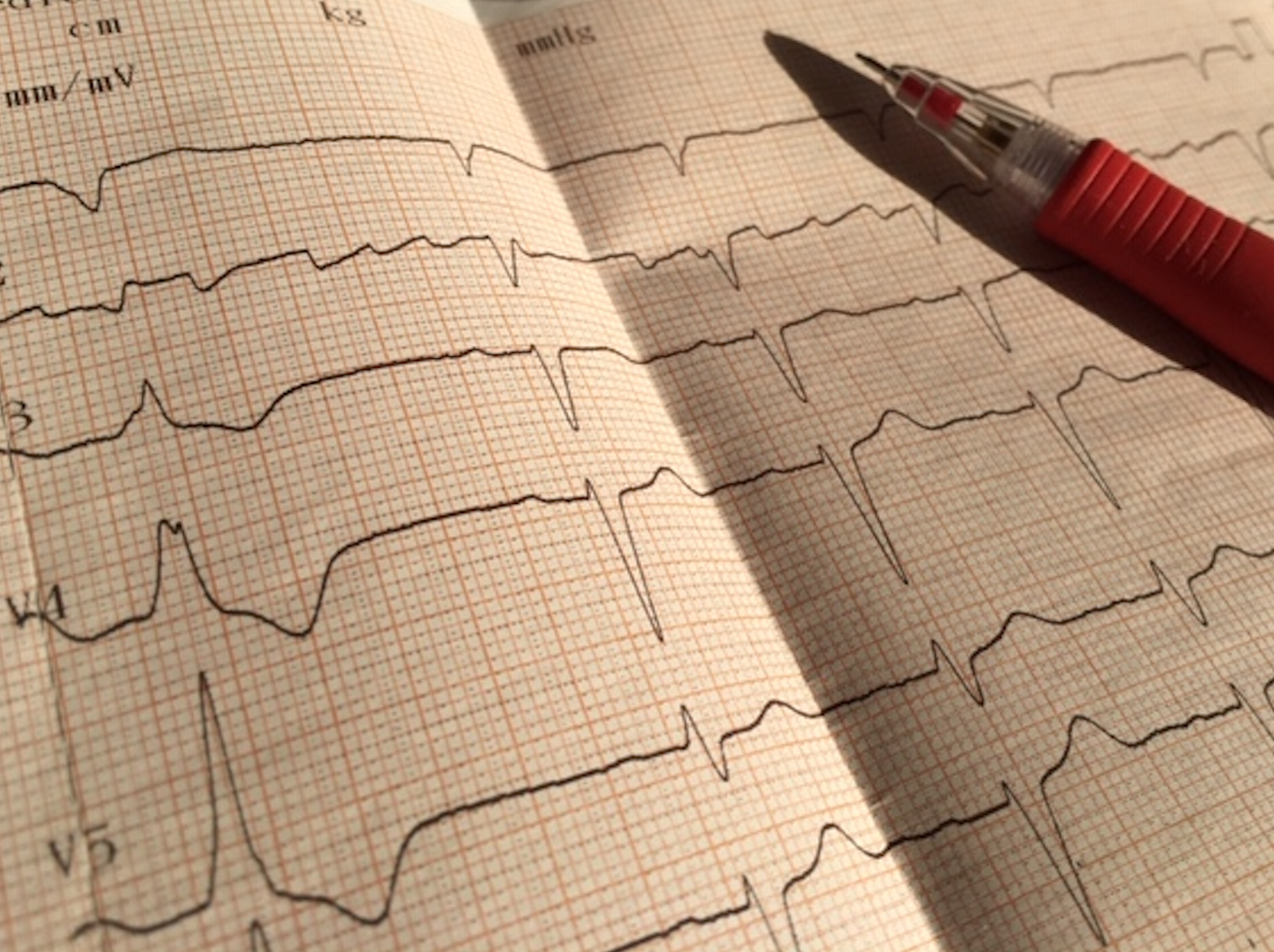
- Nositelj kolegija: Jagoda Ravlić Gulan
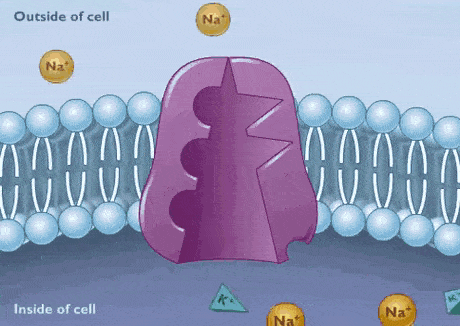
- Nositelj kolegija: Ines Mrakovčić-Šutić
- Izvođač kolegija: Tamara Gulić
- Izvođač kolegija: Natalia Kučić
- Izvođač kolegija: Pero Lučin
- Izvođač kolegija: Hana Mahmutefendić Lučin

- Nositelj kolegija: Slaven Jurković
- Izvođač kolegija: Marijana Majetić
- Izvođač kolegija: Gordana Žauhar
- Nositelj kolegija: Lovorka Bilajac
- Izvođač kolegija: Denis Juraga
- Izvođač kolegija: Vanja Vasiljev

- Nositelj kolegija: Kristina Pilipović
- Izvođač kolegija: Petra Dolenec
- Izvođač kolegija: Anja Harej Hrkać
- Izvođač kolegija: Tamara Janković
- Izvođač kolegija: Lea Juretić
- Izvođač kolegija: Renata Jurišić Grubešić
- Izvođač kolegija: Iva Kristić
- Izvođač kolegija: Jasenka Mršić-Pelčić
- Izvođač kolegija: Marko Skelin
- Izvođač kolegija: Dinko Vitezić
- Izvođač kolegija: Vera Vlahović-Palčevski
- Nositelj kolegija: Emina Babarović
- Izvođač kolegija: Manuela Avirović
- Izvođač kolegija: Gordana Đorđević
- Izvođač kolegija: Senija Eminović
- Izvođač kolegija: Dora Fučkar Čupić
- Izvođač kolegija: Ita Hadžisejdić
- Izvođač kolegija: Ksenija Jurinović
- Izvođač kolegija: Sandra Ključarić
- Izvođač kolegija: Dražen Kovač
- Izvođač kolegija: Leo Kovač
- Izvođač kolegija: Koviljka Matušan Ilijaš
- Izvođač kolegija: Elvira Mustać
- Izvođač kolegija: Anita Savić Vuković
- Izvođač kolegija: Irena Seili-Bekafigo
- Izvođač kolegija: Christophe Štemberger
- Izvođač kolegija: Sanja Štifter
- Izvođač kolegija: Danijela Vrdoljak-Mozetič
- Nositelj kolegija: Kristina Lah Tomulić
- Izvođač kolegija: Srđan Banac
- Izvođač kolegija: Kristina Baraba Dekanić
- Izvođač kolegija: Iva Bilić Čače
- Izvođač kolegija: Goran Palčevski
- Izvođač kolegija: Igor Prpić
- Izvođač kolegija: Srećko Severinski
- Izvođač kolegija: Irena Slavuljica
- Izvođač kolegija: Jadranka Vraneković
- Nositelj kolegija: Robert Domitrović
- Izvođač kolegija: Lara Batičić
- Izvođač kolegija: Iva Suman
- Nositelj kolegija: Lara Batičić

- Nositelj kolegija: Tatjana Bogović Crnčić
- Izvođač kolegija: Matija Mujić
- Nositelj kolegija: Darko Ledić
- Izvođač kolegija: Jadranka Grubić
- Nositelj kolegija: Vesna Barac-Latas
- Izvođač kolegija: Božena Ćurko-Cofek
- Izvođač kolegija: Hrvoje Jakovac
- Izvođač kolegija: Natalia Kučić
- Nositelj kolegija: Iva Rinčić
- Izvođač kolegija: Marinka Kruljac
- Izvođač kolegija: Gordana Šimunković
- Izvođač kolegija: Ivana Tutić Grokša

- Nositelj kolegija: Gordana Žauhar
- Izvođač kolegija: Marija Čargonja
- Izvođač kolegija: Slaven Jurković
- Izvođač kolegija: Marijana Majetić
- Izvođač kolegija: Ivan Pribanić
- Izvođač kolegija: Marta Žuvić
- Izvođač kolegija: Marta Žuvić
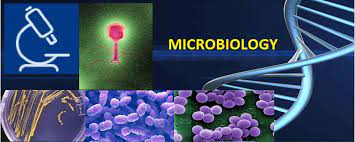
- Nositelj kolegija: Maja Abram
- Izvođač kolegija: Sandra Abramović
- Izvođač kolegija: Ivana Gobin
- Izvođač kolegija: Valentina Marečić
- Izvođač kolegija: Mirna Mihelčić
- Izvođač kolegija: Bojana Mohar Vitezić
- Izvođač kolegija: Mateja Ožanič
- Izvođač kolegija: Marina Šantić
- Izvođač kolegija: Darinka Vučković

- Nositelj kolegija: Nina Pereza
- Izvođač kolegija: Anita Barišić
- Izvođač kolegija: Sanja Dević Pavlić
- Izvođač kolegija: Tea Mladenić
- Izvođač kolegija: Saša Ostojić
- Izvođač kolegija: Nada Starčević Čizmarević
- Izvođač kolegija: Andrea Šižgorić
- Izvođač kolegija: Jadranka Vraneković
- Nositelj kolegija: Gordana Pelčić
- Izvođač kolegija: Toni Buterin
- Izvođač kolegija: Robert Doričić
- Izvođač kolegija: Igor Eterović
- Nositelj kolegija: Gordana Čanadi Jurešić
- Izvođač kolegija: Lara Batičić
- Izvođač kolegija: Damir Klepac
- Izvođač kolegija: Mirna Petković Didović
- Izvođač kolegija: Iva Suman
- Izvođač kolegija: Marin Tota
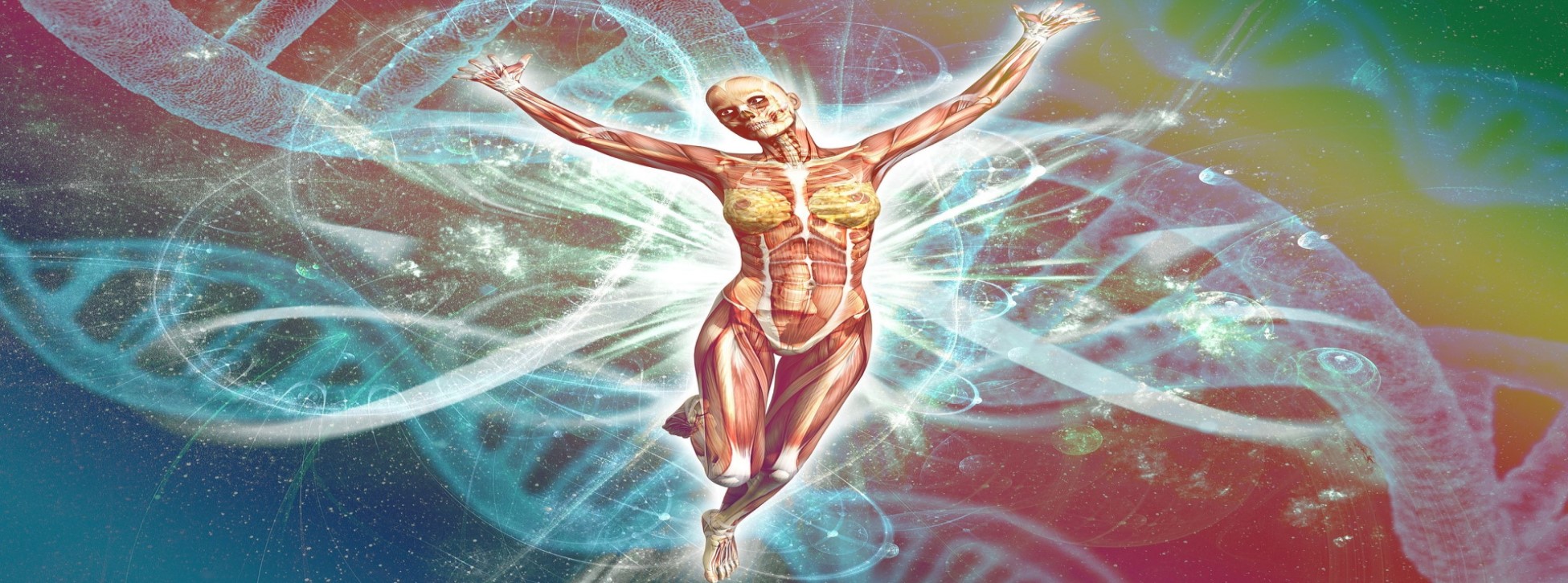
- Nositelj kolegija: Sanja Dević Pavlić
- Izvođač kolegija: Rozi Andretić Waldowski
- Izvođač kolegija: Alena Buretić-Tomljanović
- Izvođač kolegija: Tea Mladenić
- Izvođač kolegija: Saša Ostojić
- Izvođač kolegija: Nina Pereza
- Izvođač kolegija: Nada Starčević Čizmarević
- Izvođač kolegija: Andrea Šižgorić
- Izvođač kolegija: Jadranka Vraneković

- Nositelj kolegija: Nada Starčević Čizmarević
- Nositelj kolegija: Vanja Pupovac
- Izvođač kolegija: Helena Štrucelj
- Nositelj kolegija: Amir Muzur
- Izvođač kolegija: Toni Buterin
- Izvođač kolegija: Robert Doričić
- Izvođač kolegija: Igor Eterović
- Nositelj kolegija: Sanja Klobučar
- Izvođač kolegija: Igor Barković
- Izvođač kolegija: Ivan Bubić
- Izvođač kolegija: Ljiljana Bulat-Kardum
- Izvođač kolegija: Zlatko Čubranić
- Izvođač kolegija: Renata Dobrila-Dintinjana
- Izvođač kolegija: Goran Hauser
- Izvođač kolegija: Dubravka Jurišić-Eržen
- Izvođač kolegija: Vanja Licul
- Izvođač kolegija: Brankica Mijandrušić-Sinčić
- Izvođač kolegija: Sandra Milić
- Izvođač kolegija: Srđan Novak
- Izvođač kolegija: Lidija Orlić
- Izvođač kolegija: Dragana Pauletić
- Izvođač kolegija: Duška Petranović
- Izvođač kolegija: Goran Poropat
- Izvođač kolegija: Sanjin Rački
- Izvođač kolegija: Alen Ružić
- Izvođač kolegija: Davor Štimac
- Izvođač kolegija: Tamara Turk Wensveen
- Izvođač kolegija: Toni Valković
- Izvođač kolegija: Teodora Zaninović-Jurjević
- Izvođač kolegija: Luka Zaputović
- Izvođač kolegija: Stela Živčić-Ćosić
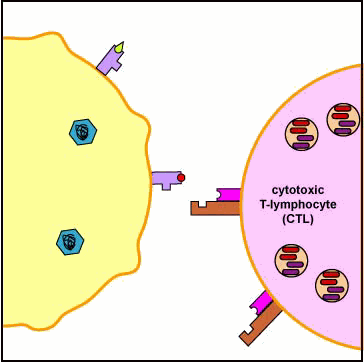
- Nositelj kolegija: Pero Lučin
- Izvođač kolegija: Tamara Gulić
- Izvođač kolegija: Hana Mahmutefendić Lučin
- Izvođač kolegija: Marina Marcelić
- Izvođač kolegija: Maja Medaković
- Izvođač kolegija: Ines Mrakovčić-Šutić
- Izvođač kolegija: Zlatko Trobonjača
- Nositelj kolegija: Goran Arbanas
- Nositelj kolegija: Ester Pernjak-Pugel
- Izvođač kolegija: Astrid Krmpotić
- Izvođač kolegija: Tihana Lenac Roviš
- Izvođač kolegija: Bojan Polić
- Izvođač kolegija: Jelena Tomac
- Izvođač kolegija: Felix Wensveen
|
The course Health Ecology is a compulsory course in the 5th year of the Integrated Undergraduate and Graduate University Study of Medicine. The course consists of 20 hours of lectures, 15 hours of seminars, and 15 hours of exercises, a total of 50 hours of teaching (2.5 ECTS). It is held at the Faculty of Medicine and in lecture halls and laboratories in the main facility of the Institute of Public Health of Primorsko-Goranska County, Krešimirova 52a.
Course objective Students will acquire knowledge to understand the relationship between health and disease in relation to the negative effects of environmental factors.
Teaching |
- Nositelj kolegija: Vladimir Mićović
- Izvođač kolegija: Aleksandar Bulog
- Izvođač kolegija: Dražen Lušić
- Izvođač kolegija: Dijana Tomić Linšak
- Izvođač kolegija: Luka Traven
- Nositelj kolegija: Jasna Grković
Forensic Medicine is a compulsory course in the sixth year of the Integrated Undergraduate and graduate university study of Medicine. The course consists of 20 hours of lectures, 10 hours of seminars and 20 hours of practicals, which is a total of 50 teaching hours (3 ECTS). It is held at the Faculty of Medicine and the post-mortem examination room of the Department of Forensic Medicine and Criminalistics (located at the Department of Pathology and Pathological Anatomy).
Course objective: Acquisition of basic knowledge and skills in the field of forensic medicine.
Course content: The course consists of three basic units: medical aspects of death, pathology of trauma
and medicine and law.
- Nositelj kolegija: Dražen Cuculić
- Izvođač kolegija: Antun Ferenčić
- Nositelj kolegija: Alen Protić
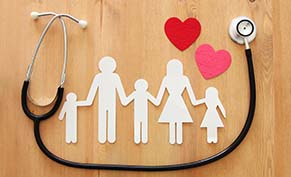
- Nositelj kolegija: Ines Diminić-Lisica
- Izvođač kolegija: Nina Bašić-Marković
- Izvođač kolegija: Tatjana Čulina
- Izvođač kolegija: Aleksandar Ljubotina
- Izvođač kolegija: Roberta Marković
- Izvođač kolegija: Branislava Popović
- Izvođač kolegija: Nives Radošević Quadranti
- Izvođač kolegija: Tina Zavidić

- Nositelj kolegija: Martina Mavrinac
- Izvođač kolegija: Vedrana Marinac Topić
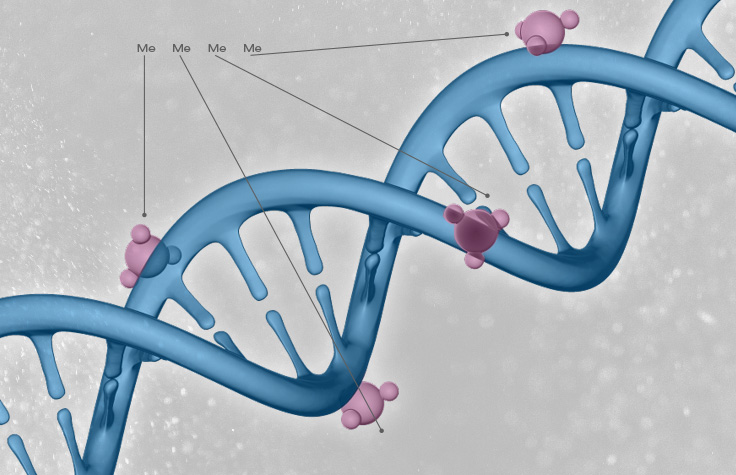
- Nositelj kolegija: Sanja Dević Pavlić
- Nositelj kolegija: Branko Kolarić
- Izvođač kolegija: Tomislav Rukavina
- Izvođač kolegija: Tanja Staraj Bajčić
- Izvođač kolegija: Gordana Šimunković
- Izvođač kolegija: Dinko Štajduhar
- Izvođač kolegija: Vanja Tešić
- Izvođač kolegija: Morana Tomljenović
Dermatovenerology is a fourth-year compulsory course of the Integrated Undergraduate and Graduate University Study of Medicine in English. The course consists of 20 lectures, 10 seminars and 30 practicals, and is worth 3 ECTS credits.
The aim of the course is to acquire knowledge about the most common diseases of the skin and sexually transmitted diseases through discussion-based lectures and seminars.
- Nositelj kolegija: Sandra Peternel
- Izvođač kolegija: Larisa Prpić Massari
- Nositelj kolegija: Gordana Pelčić
- Nositelj kolegija: Branislava Popović
- Izvođač kolegija: Toni Buterin
- Nositelj kolegija: Alen Ružić
- Izvođač kolegija: Igor Barković
- Izvođač kolegija: Ivan Bubić
- Izvođač kolegija: Ljiljana Bulat-Kardum
- Izvođač kolegija: Goran Hauser
- Izvođač kolegija: Dubravka Jurišić-Eržen
- Izvođač kolegija: Vanja Licul
- Izvođač kolegija: Brankica Mijandrušić-Sinčić
- Izvođač kolegija: Sandra Milić
- Izvođač kolegija: Srđan Novak
- Izvođač kolegija: Dragana Pauletić
- Izvođač kolegija: Duška Petranović
- Izvođač kolegija: Goran Poropat
- Izvođač kolegija: Sanjin Rački
- Izvođač kolegija: Davor Štimac
- Izvođač kolegija: Tamara Turk Wensveen
- Izvođač kolegija: Toni Valković
- Izvođač kolegija: Teodora Zaninović-Jurjević
- Izvođač kolegija: Luka Zaputović
- Izvođač kolegija: Stela Živčić-Ćosić
- Nositelj kolegija: Dinko Vitezić
- Izvođač kolegija: Kristina Pilipović

- Nositelj kolegija: Srđan Novak
- Izvođač kolegija: Dragana Pauletić

- Nositelj kolegija: Gordana Žauhar
- Izvođač kolegija: Marijana Majetić
- Izvođač kolegija: Doris Šegota Ritoša
- Izvođač kolegija: Marta Žuvić
- Izvođač kolegija: Marta Žuvić
- Nositelj kolegija: Dijana Detel
- Izvođač kolegija: Lara Batičić
- Izvođač kolegija: Sunčica Buljević
- Izvođač kolegija: Robert Domitrović
- Izvođač kolegija: Jelena Marinić
- Izvođač kolegija: Iva Suman
- Nositelj kolegija: Vlatka Sotošek
- Izvođač kolegija: Danijel Knežević
- Izvođač kolegija: Alen Protić
- Izvođač kolegija: Petra Volf Žiković
- Nositelj kolegija: Sandra Peternel
- Nositelj kolegija: Vanja Pupovac
- Nositelj kolegija: Sven Maričić
- Nositelj kolegija: Franjo Mijatović
- Nositelj kolegija: Franjo Mijatović
